Modern Architecture History
1/31
Earn XP
Description and Tags
Building Identification
Name | Mastery | Learn | Test | Matching | Spaced |
|---|
No study sessions yet.
32 Terms
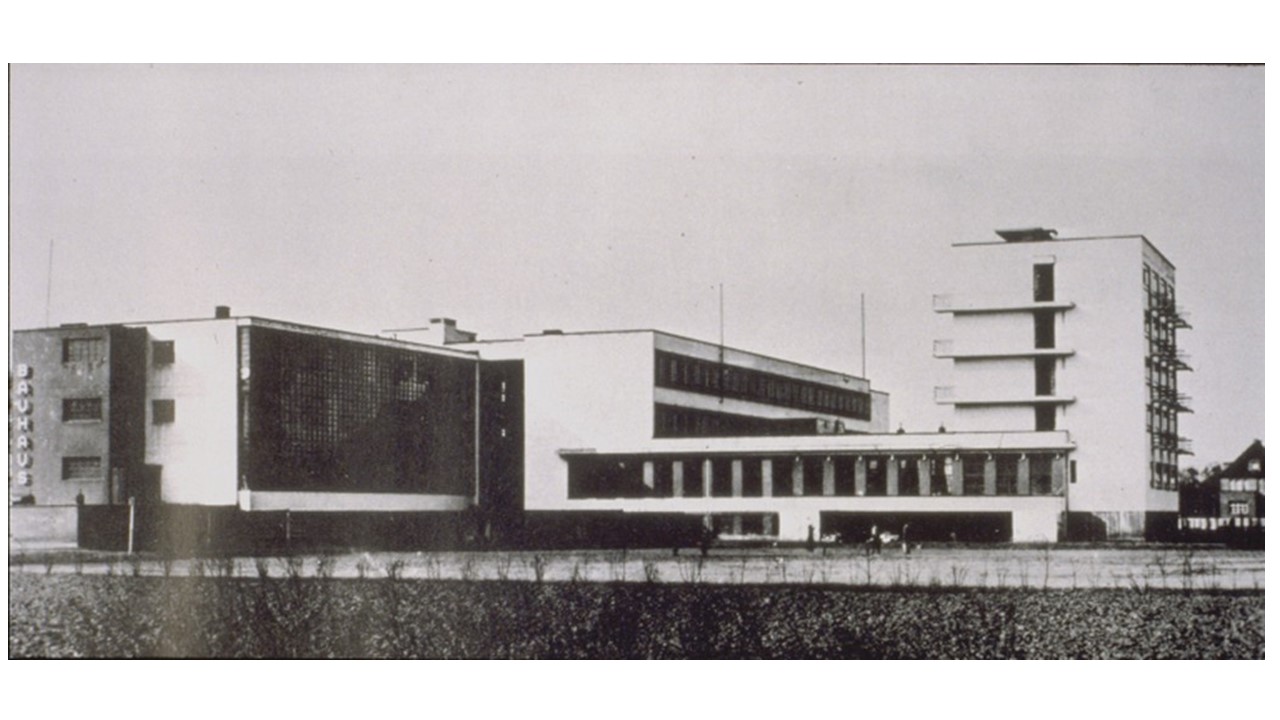
-The Bauhaus Building
-Walter Gropius.
-Dessau, Germany.
-1925-26.
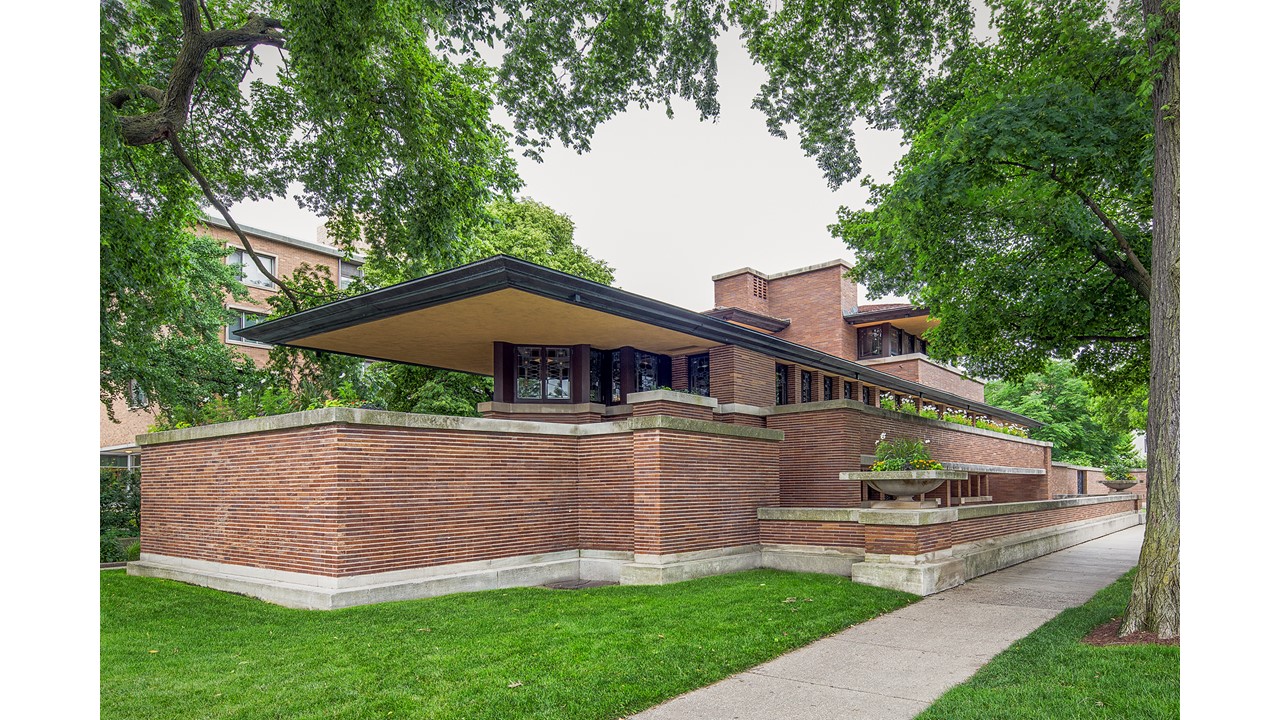
-The Robie House
-Frank Lloyd Wright.
-Chicago, Illinois, USA.
- 1906.
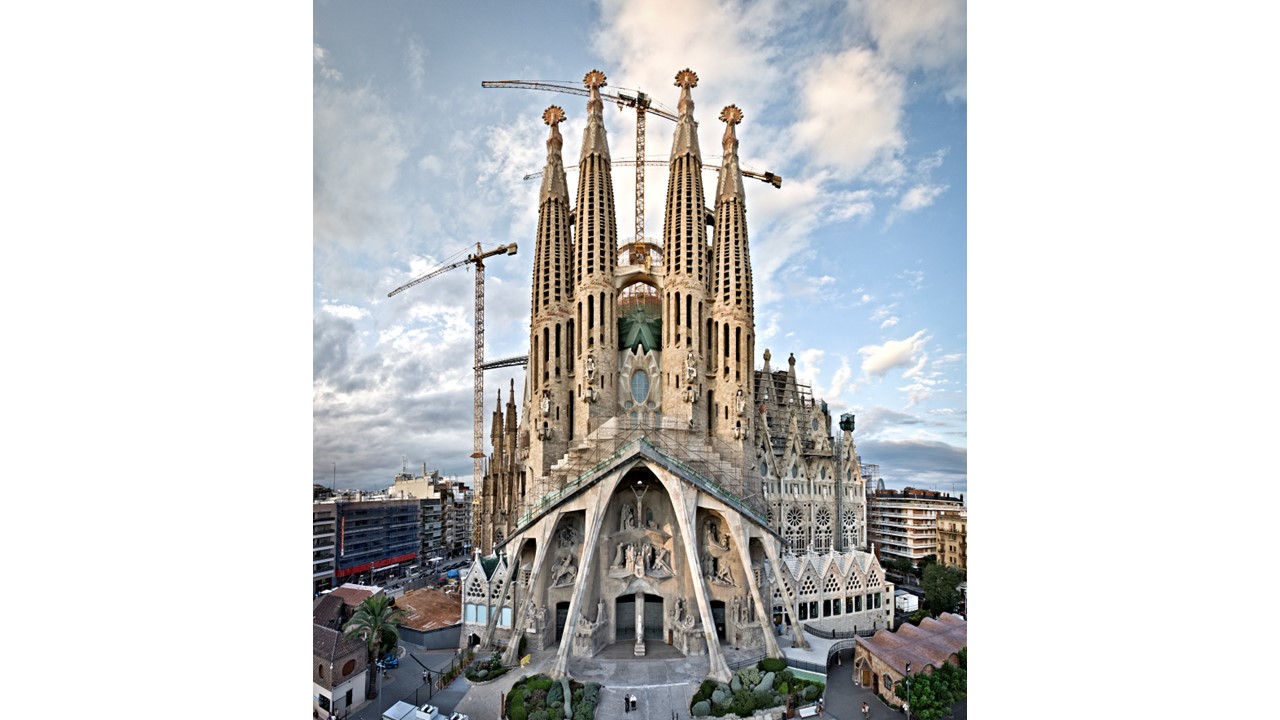
-La Sagrada Familia
-Antoni Gaudi.
-Barcelona, Spain.
-Gaudi’s interventions date from 1883
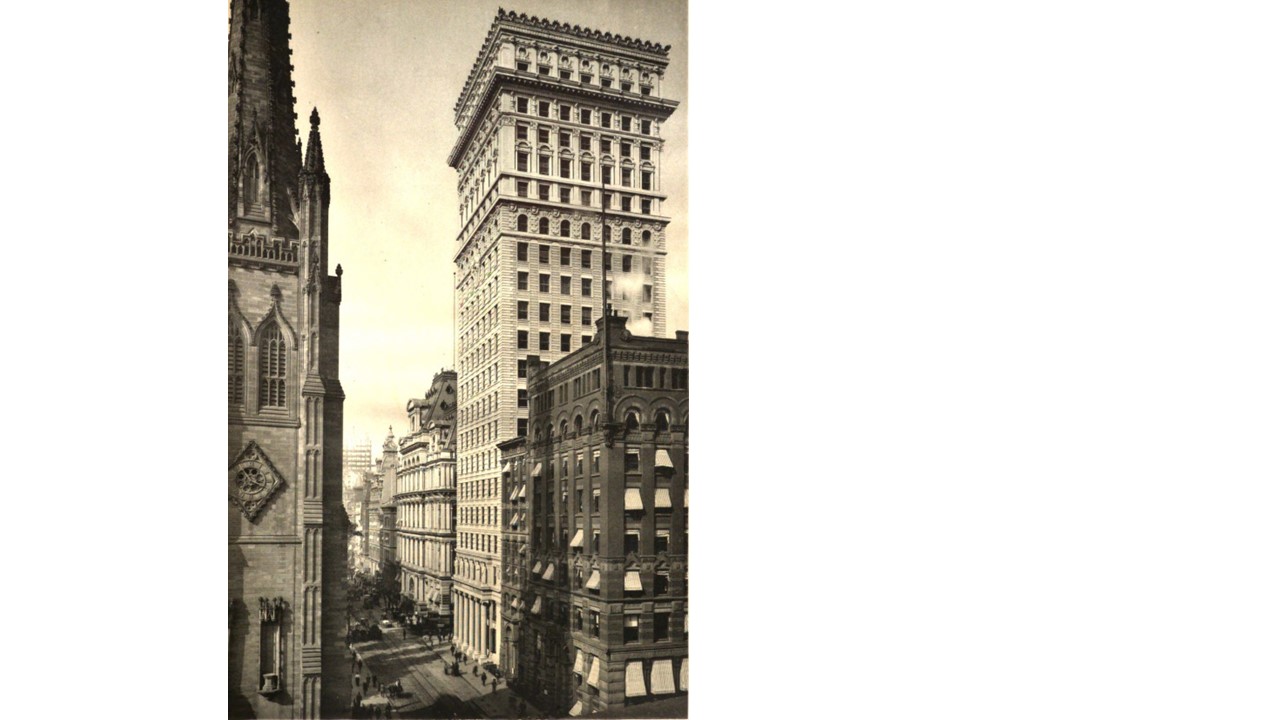
-American Surety Building
-Bruce Price.
-New York, NY, USA.
-1894-1896
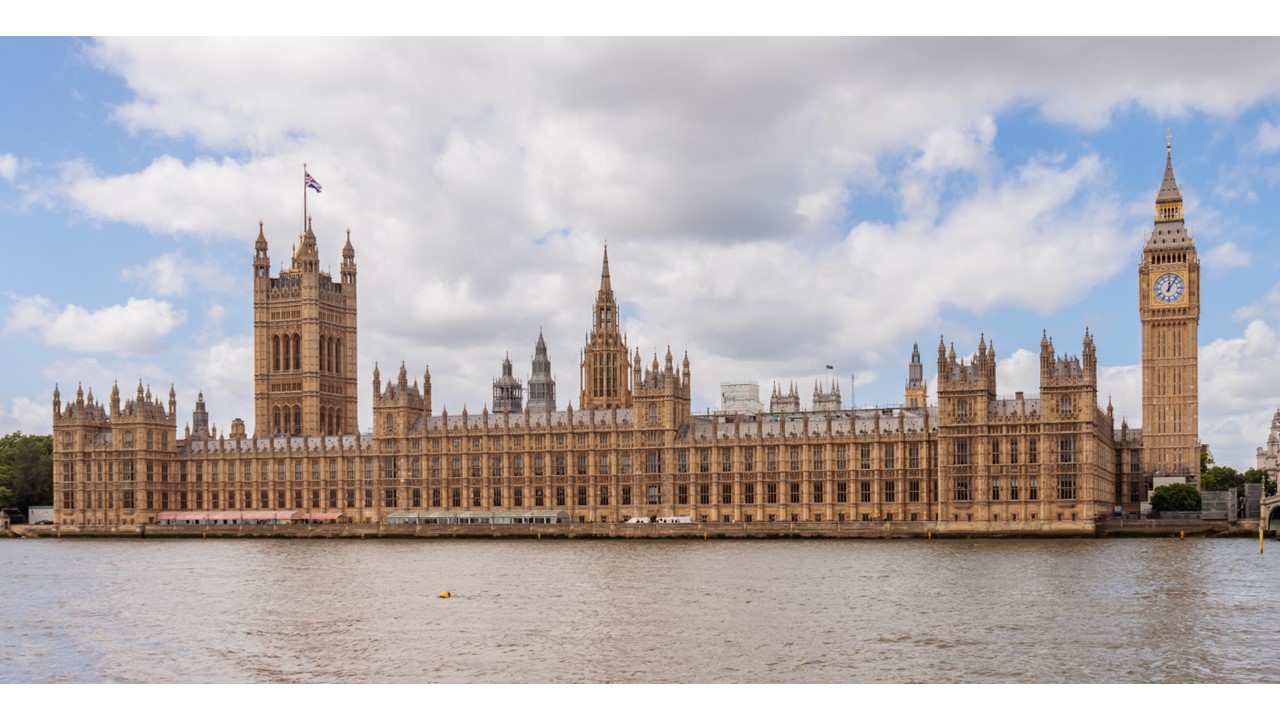
-Houses of Parliament
-London, England.
-Charles Barry and Augustus Pugin,
-1840-1876.
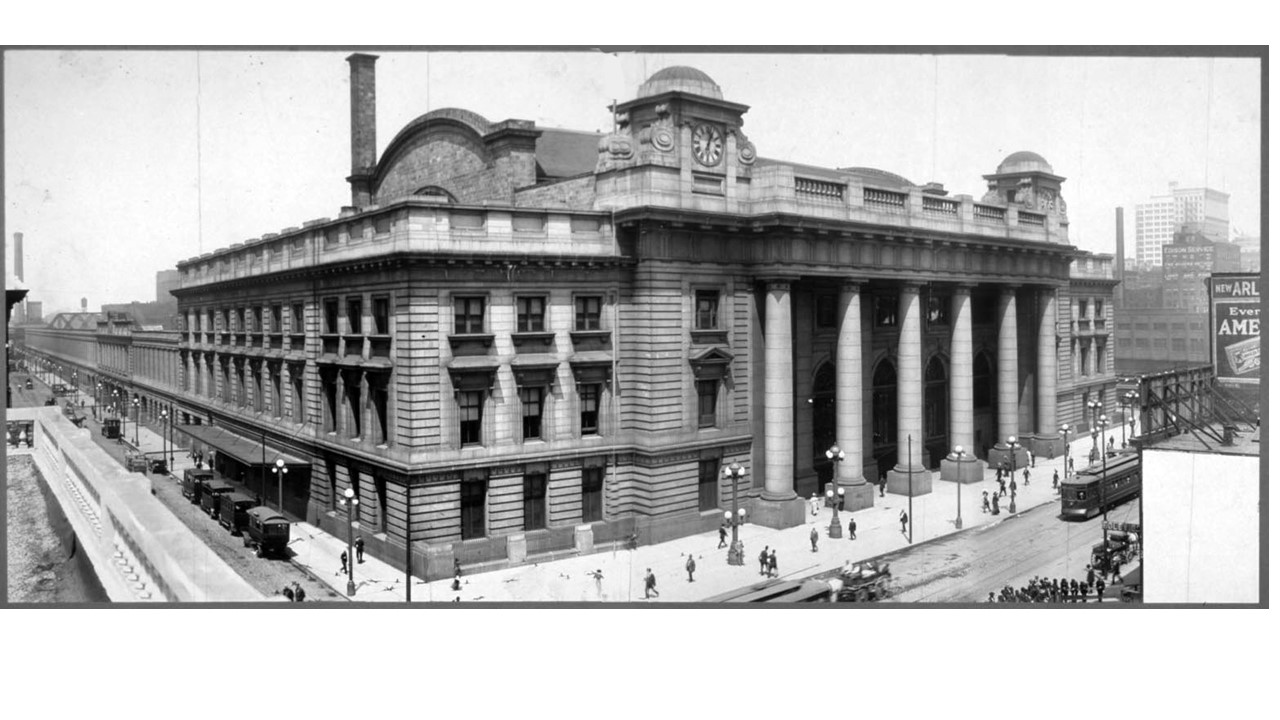
-Chicago and Northwestern Railway Terminal
-Chicago, Illinois, USA,
-Frost & Granger
-(1911)
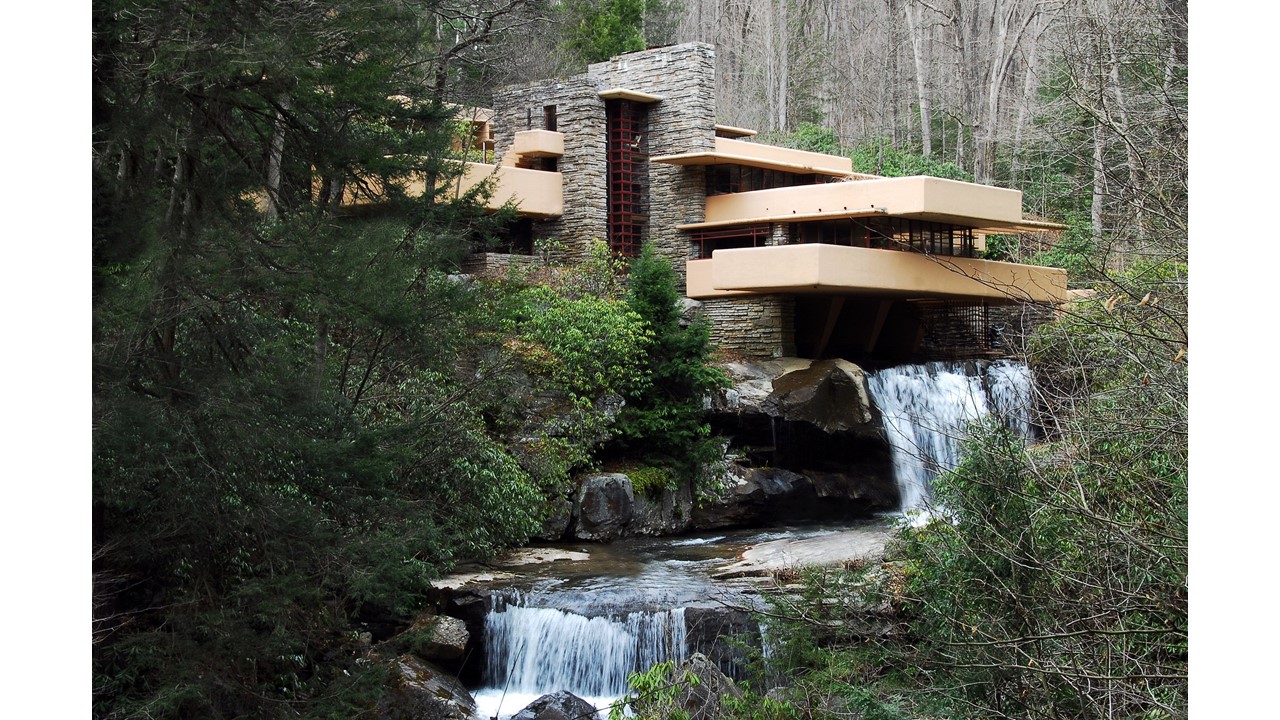
-Fallingwater.
-Frank Lloyd Wright.
-Bear Run, Pennsylvania, USA.
-1932.
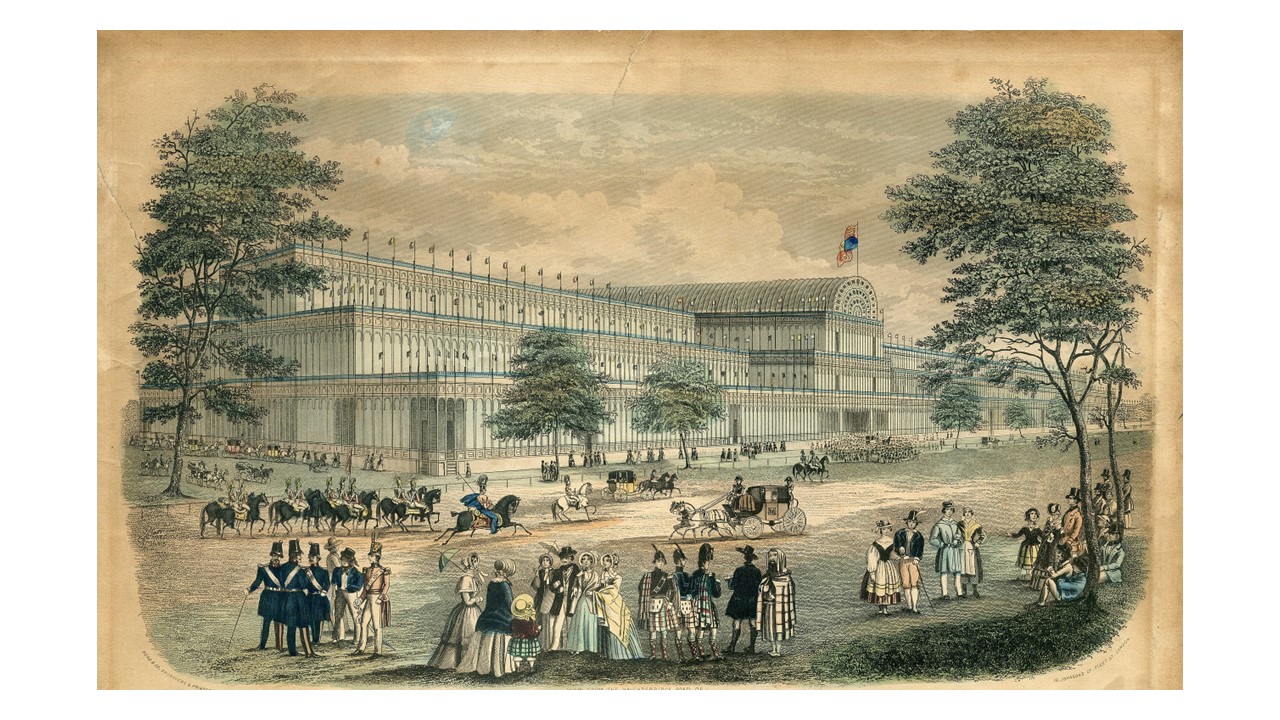
-The Crystal Palace
-Joseph Paxton.
-London, England.
-1851.
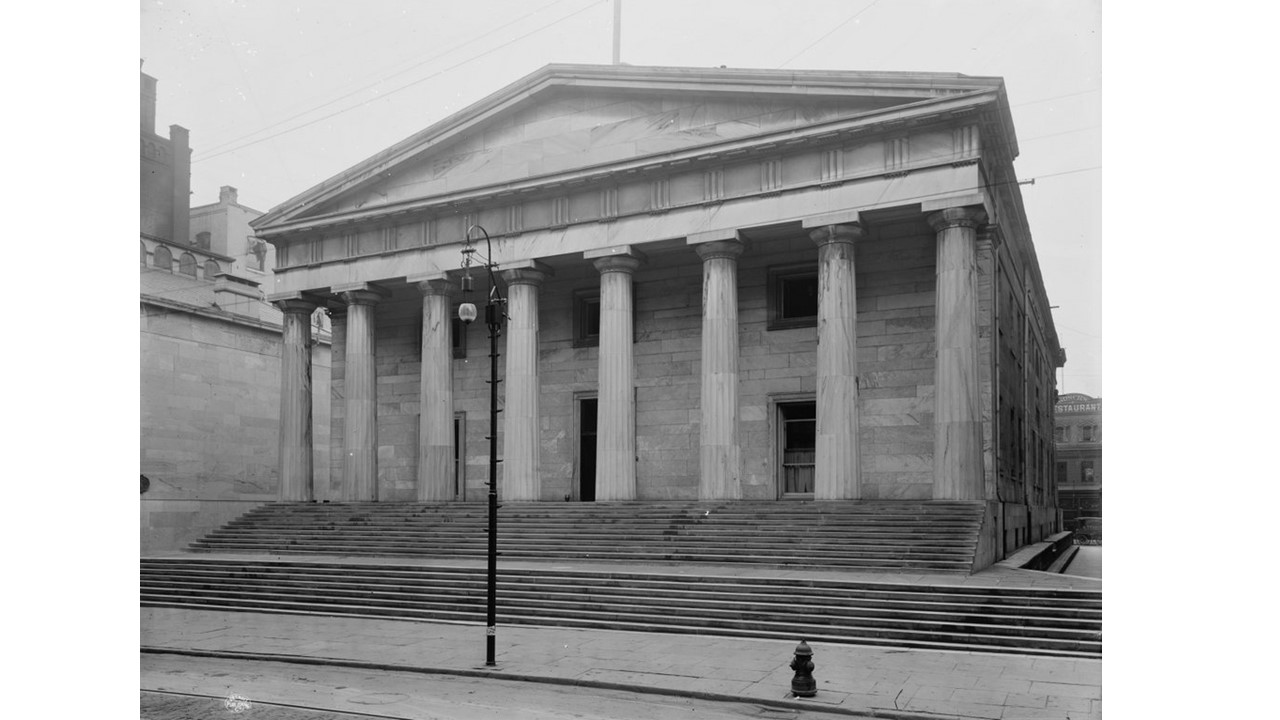
-Second Bank Building
-Philadelphia, Pennsylvania, USA.
-William Strickland
-(1819-24)
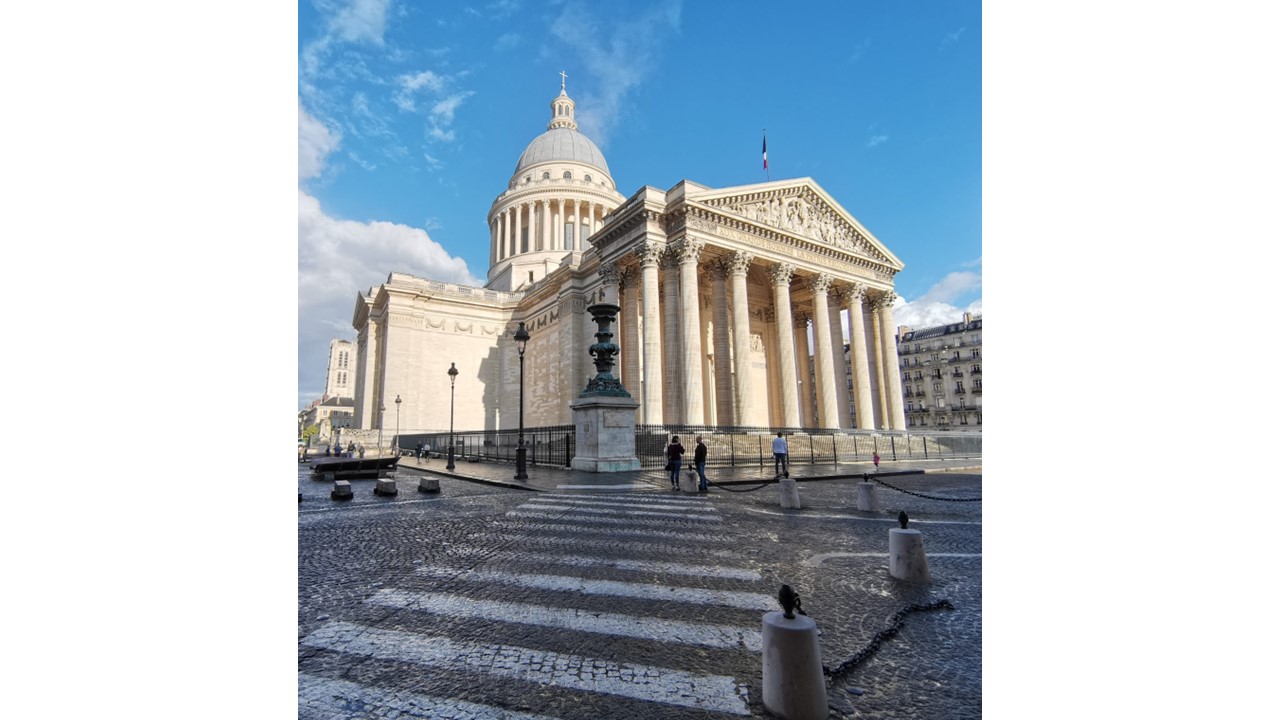
-The Pantheon (or Eglise Sainte-Genevieve)
-Jacques Germaine Soufflot,
-Paris, France.
-1758-1790,
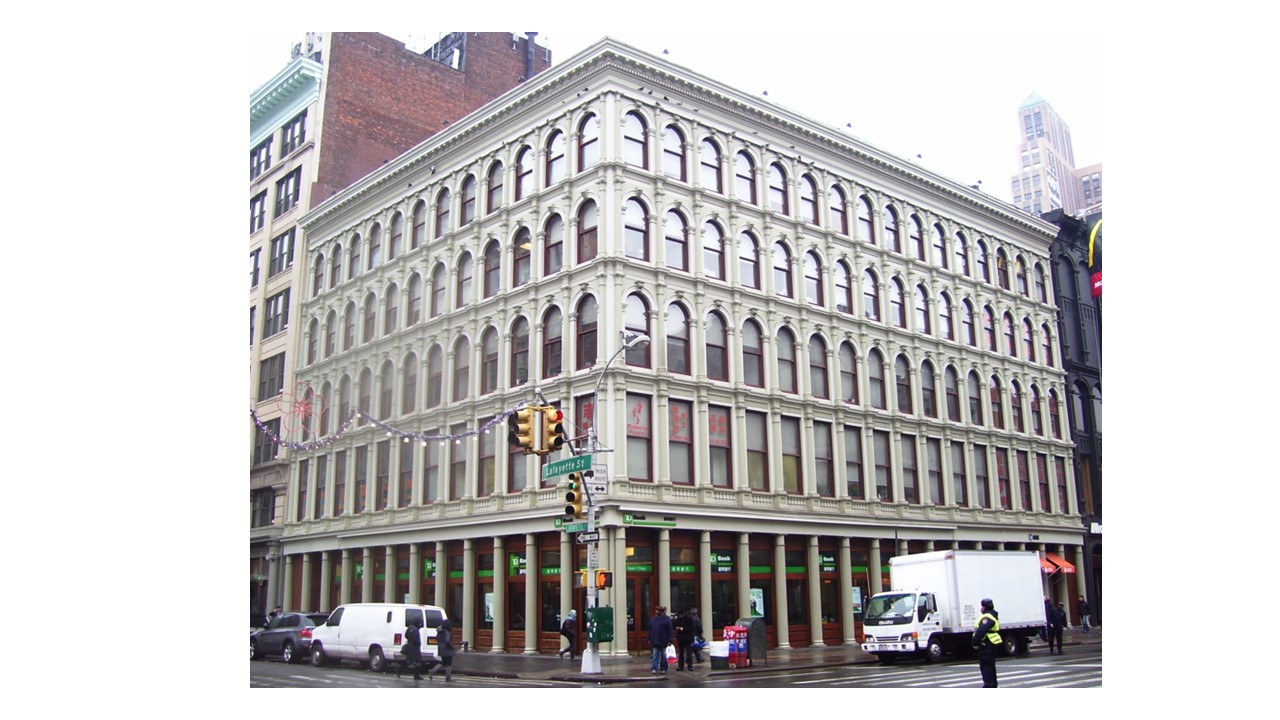
-The Bruce Building
-James Bogardus,
-NYC, USA
-1856-57
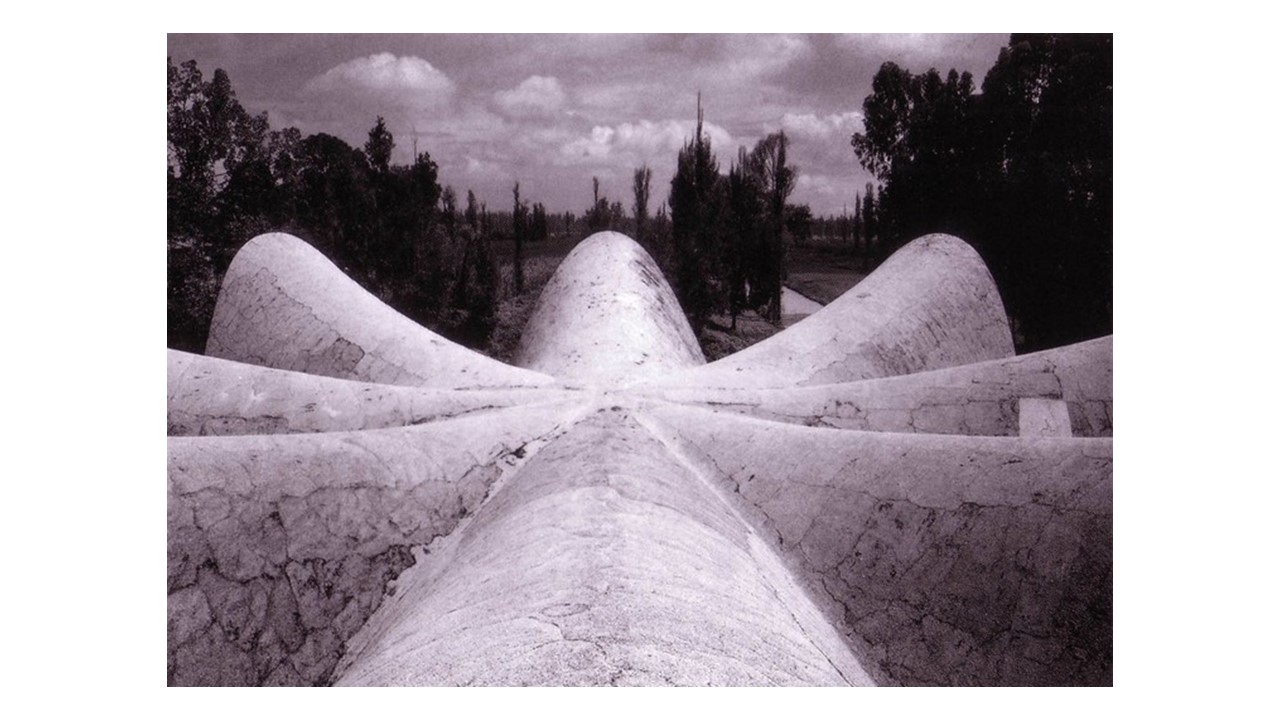
-Los Manatiales
- Felix Candela.
- Xochimilco, Mexico
-(1958)
Indo-Saracenic Style
-Islamic and the Hindu culture
-power and permanence of British rule.
-India's climate
-arguments in what decision originates to what culture
-Religion / style
Gesamtkunstwerk
-total work of art
-makes use of all or many art forms or strives to do so.
1916 Zoning Code
-changed both the shape of the city’s skyscrapers and the
skyline NYC
-commercial, residential, and unrestricted
(generally industrial)
-setbacks
Architectural Manifesto
A written document (usually on the
shorter side) wherein an architect asserts their opinions,
motivations, intentions, demands, and principles in design.
Manifestos are a mechanism by which architects to explain
experimental or radical ideas.
Daiku
-Traditional Japanese carpenter
John Ruskin’s “Lamp of Truth”
-Honesty materiality and construction methods
-no misleading with paints or ornamentation
The Industrial Revolution (and its specific impact on architecture)
-Pre fabrication modular design
-Cast Iron
-Wrought Iron
The Antiques of Athens
-Stuart & Revett 1787
-Inspired John Haviland 1828
-Inspired Greek Revival
Historicism
-Revivalist Architecture (greek, gothic, early christian…)
-Inspired by the past
-19th century
Extended essay prompt 1: In the eighteenth, nineteenth, and early twentieth centuries, what role did architecture and design play in the construction of identity (whether that was national, colonial, or otherwise) of a particular cultural group, place, or time? Analyze and present at least (2) buildings, written works, or other material activities that illustrate these rhetorical identity-building endeavors and how they manifest in buildings. What messages were the designers, authors, or sponsors of these works trying to communicate and to whom?
Gothic Revival
-House of Parlament
International style
-Bauhaus building
Extended essay prompt 3: In the period under consideration in our course, what attitudes did architects, architectural critics, and other figures express about the past and the future? How did these attitudes manifest in their writings, buildings, designs, or interventions in the built environment? Select and compare/contrast at least (2) buildings, written works, and/or other material activities that illustrate DIVERGENT approaches to the past and to the future.
Gothic Revival
-House of Parlament
International style
-Bauhaus building
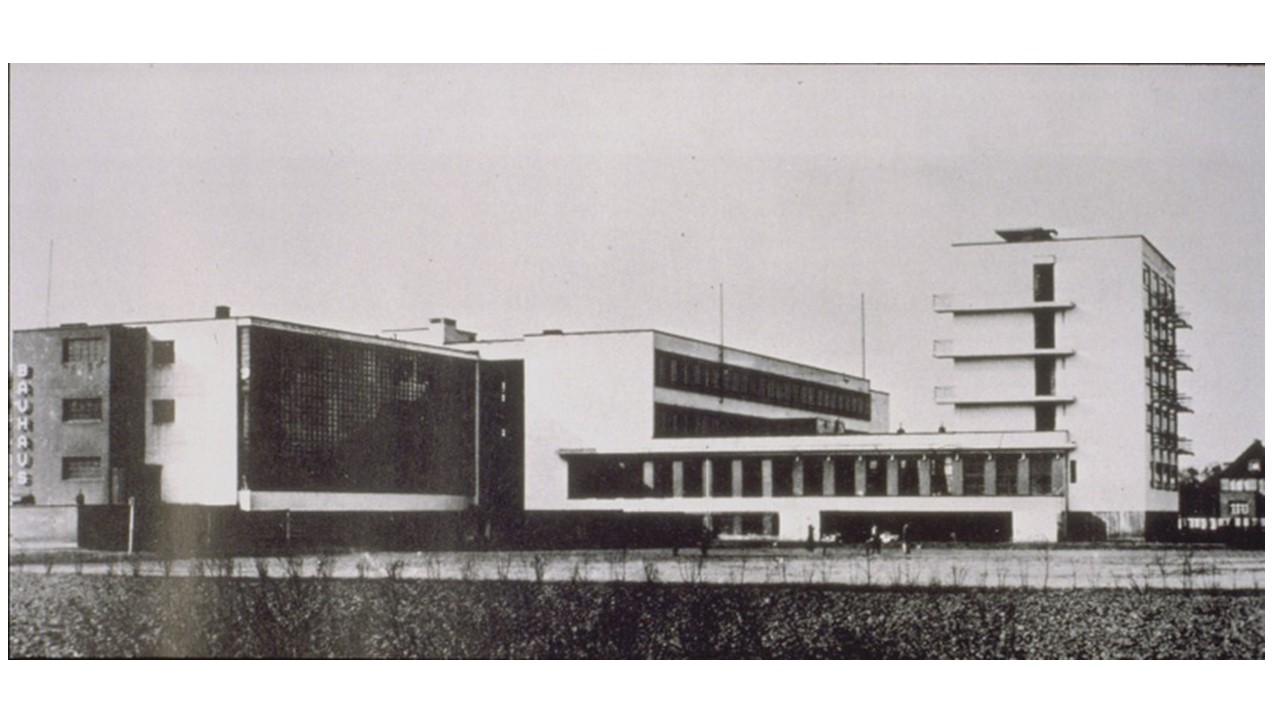
The Bauhaus Building
-International style
-functionalism
-modernism
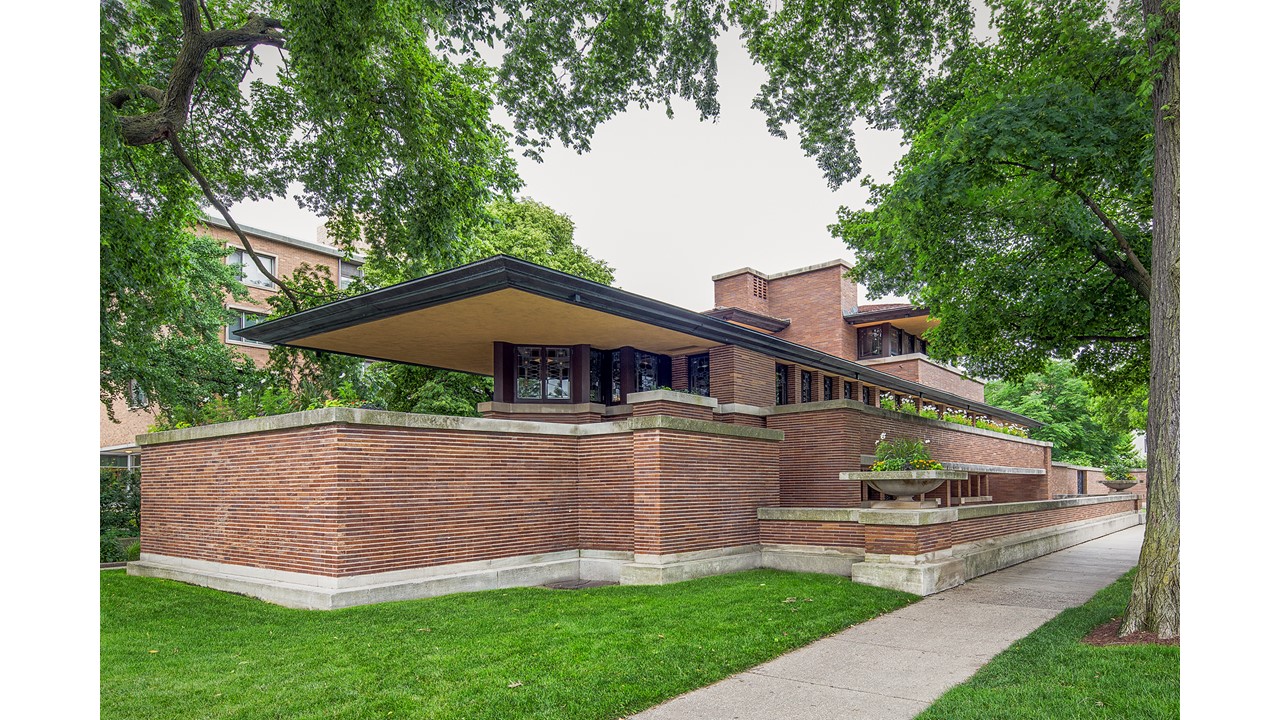
The Robie House
-Prairie style
-Inspired by the context “midwest america”
-Gesamtkunstwerk
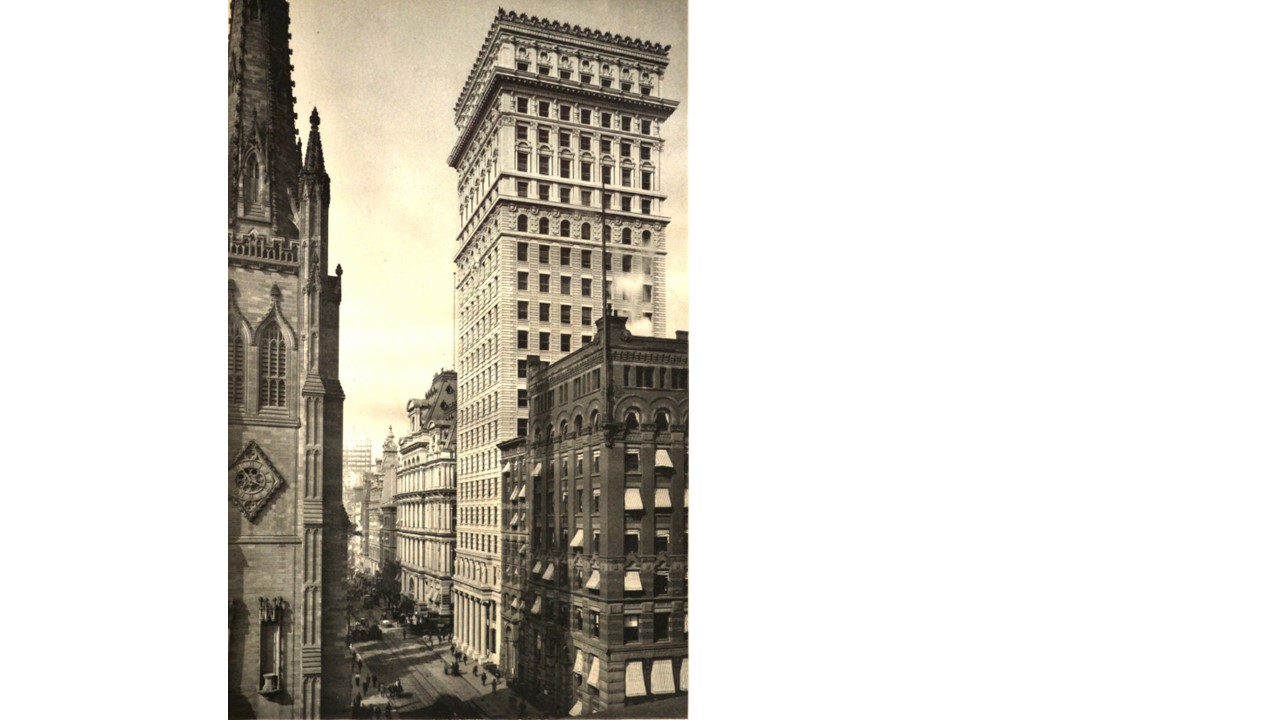
American Surety Building
-Steel skeletopn
-NYC allows steel fram construction
--greater heights and thinner walls
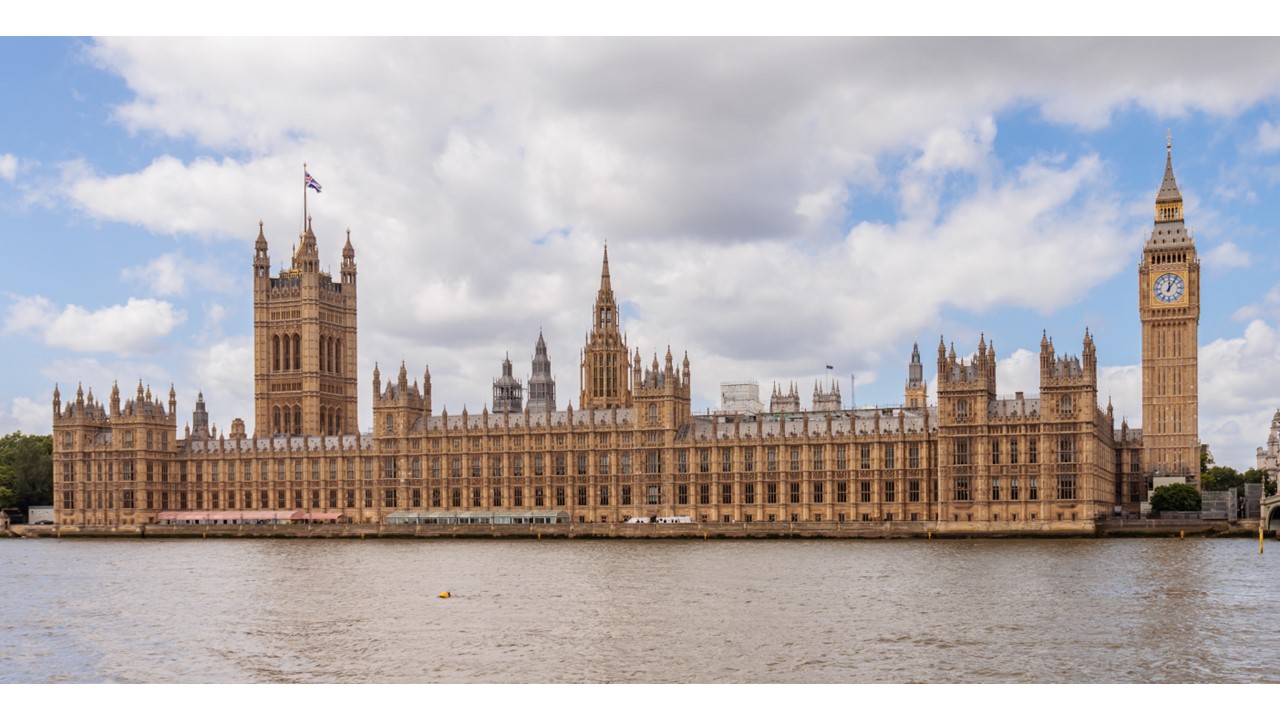
House of Parliament
-Gothic Revival
-Architectural forms serving faith “Christianity”
-Morality
-Grand style of catholic church architecture
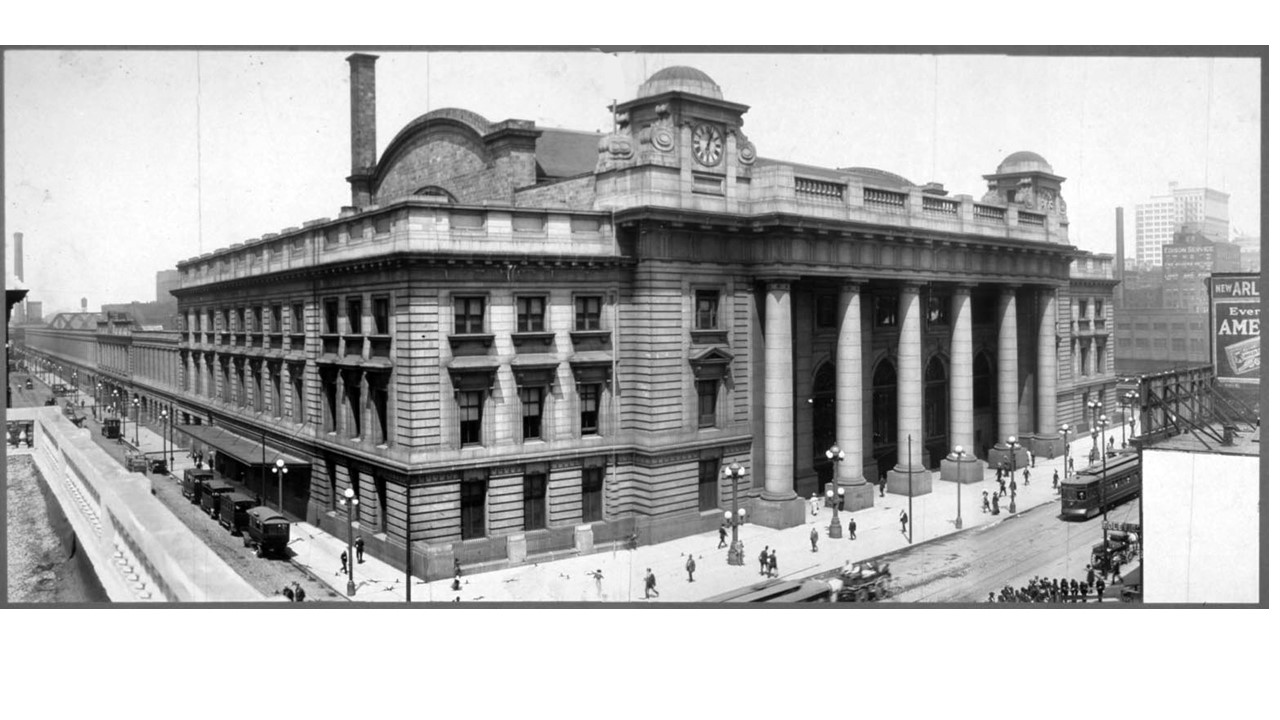
Chicago and Northwestern Railway Terminal
-Classism
-Materiality
-Space and basic necessities
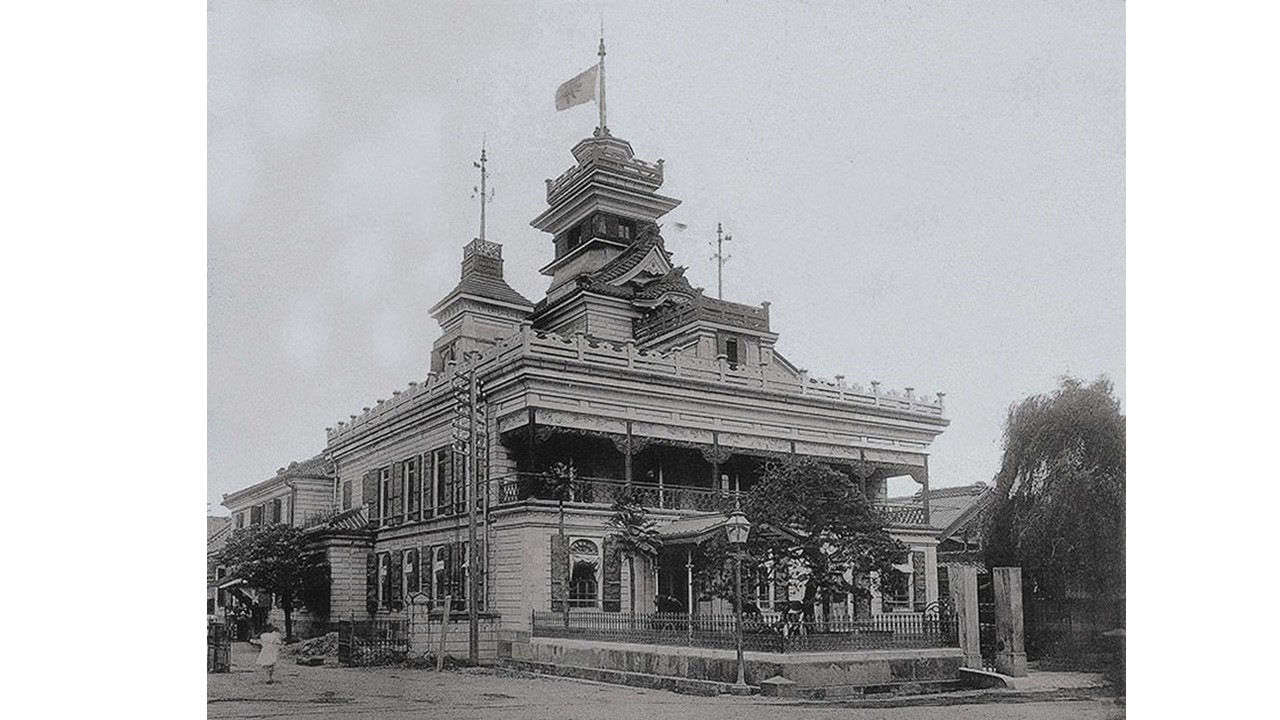
Dai-Ichi Kokuritsu Bank
Japanese hybrid style of design, merging Japanese Daiku practices with western forms to industrialize and strengthen architectural practices in Japan.
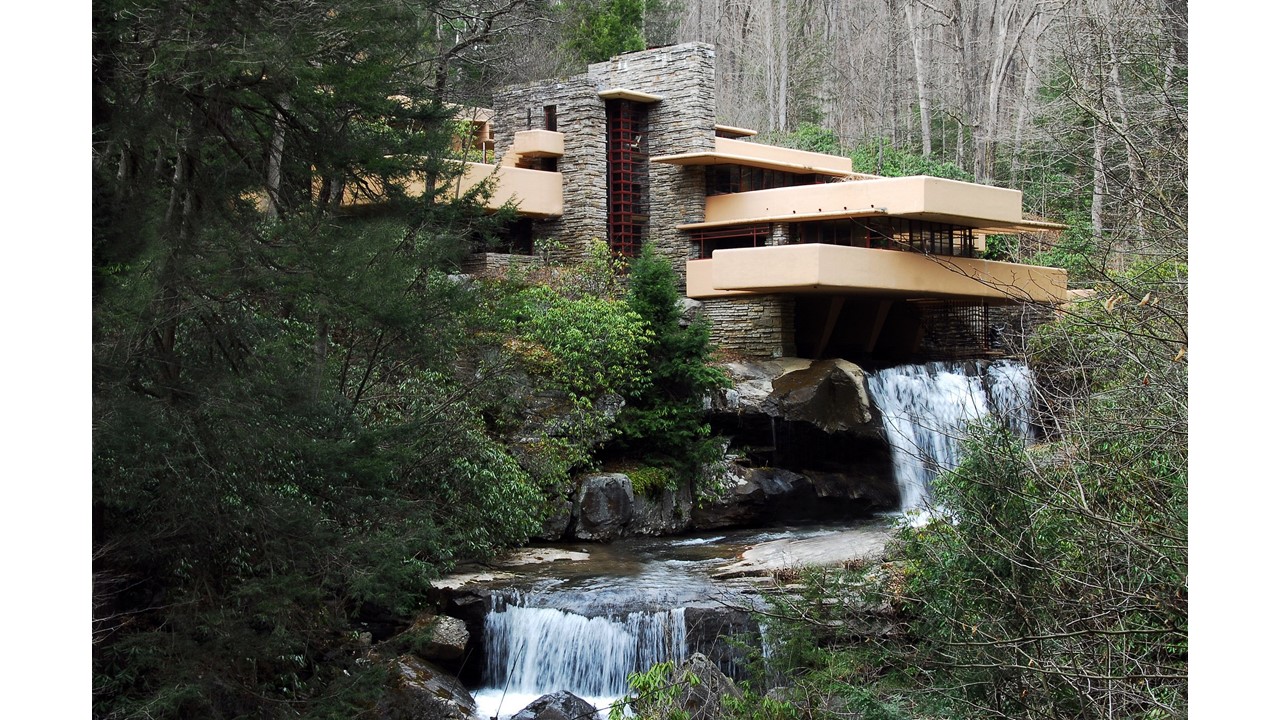
Falling Water
Utilizes Wright's following in organic architecture, designed to blend with its natural surroundings.
Constructed with locally sourced materials in the region of Pennsylvania.
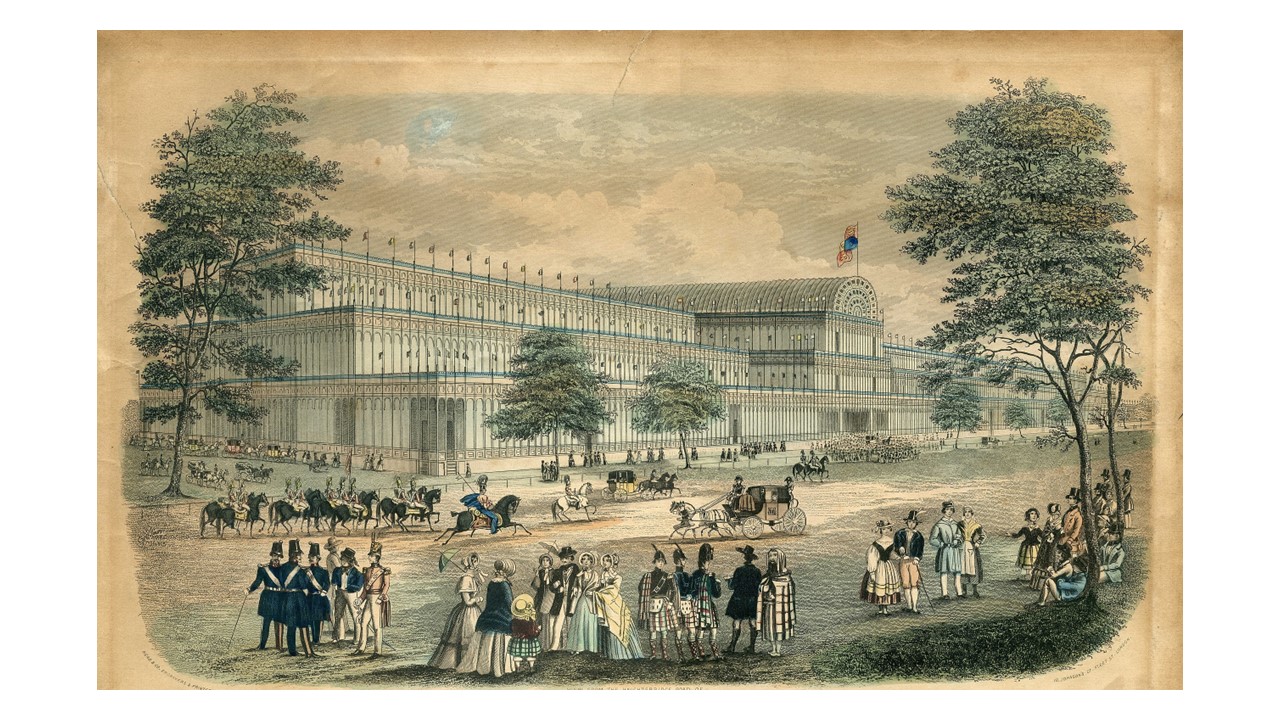
The Crystal Palace
-Industrial Revolution
-Prefab
-Shows power and innovation
-royal commissioners
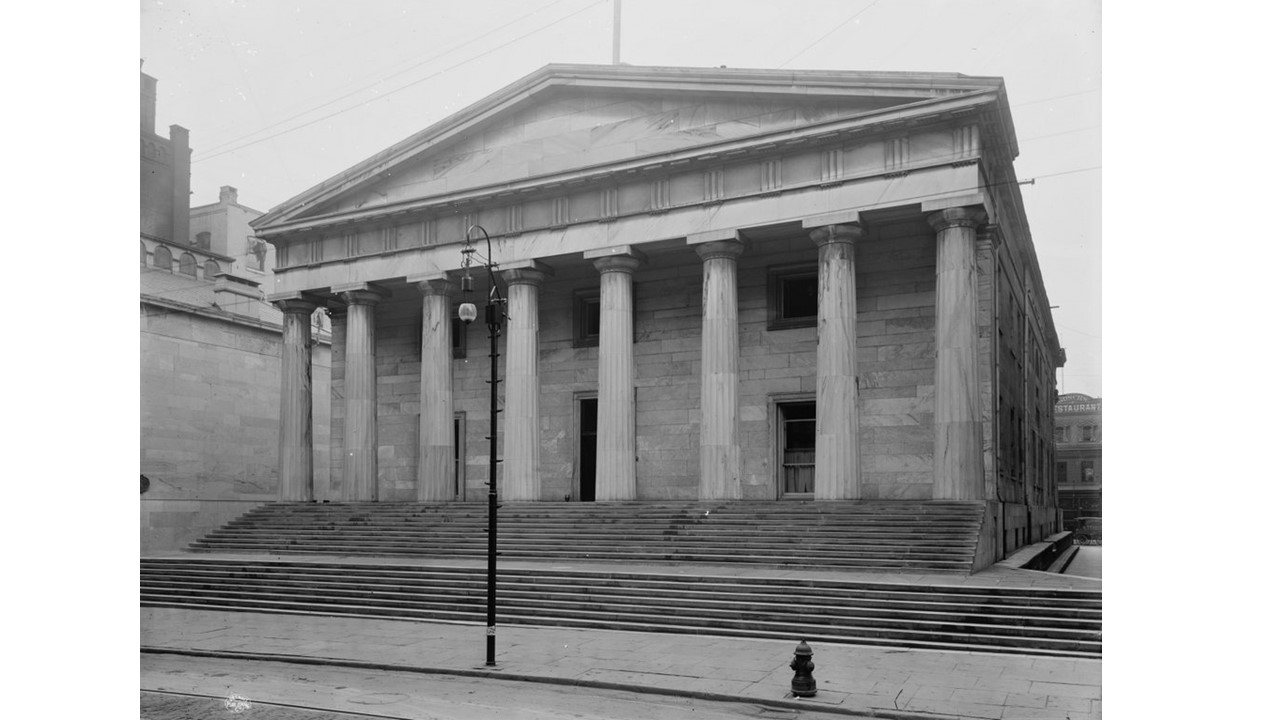
Second Bank Building
-Greek Revival
-Antiquities of Athens
-Less ornamental
-Lost in translation (scale/ purpose )
-Neoclassicsm is a less pure form of greek revival